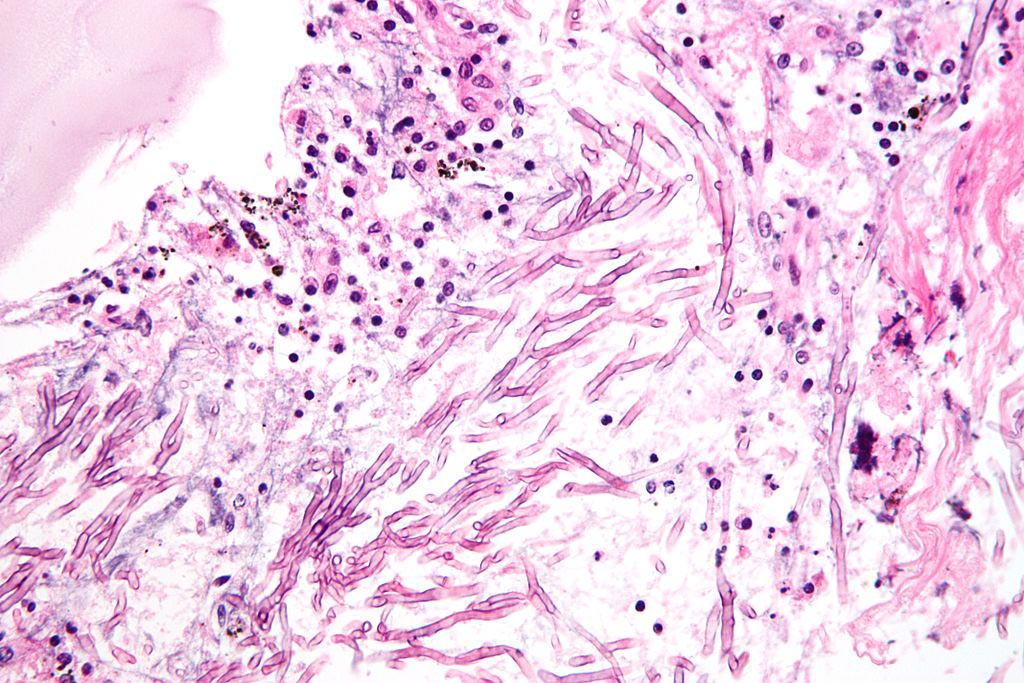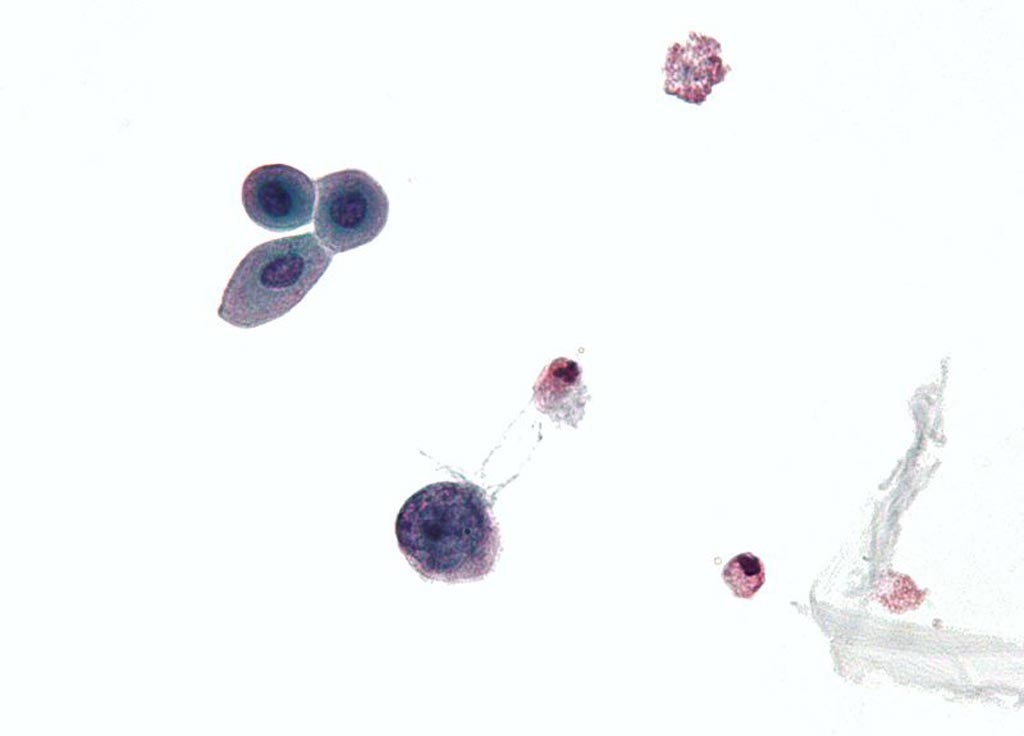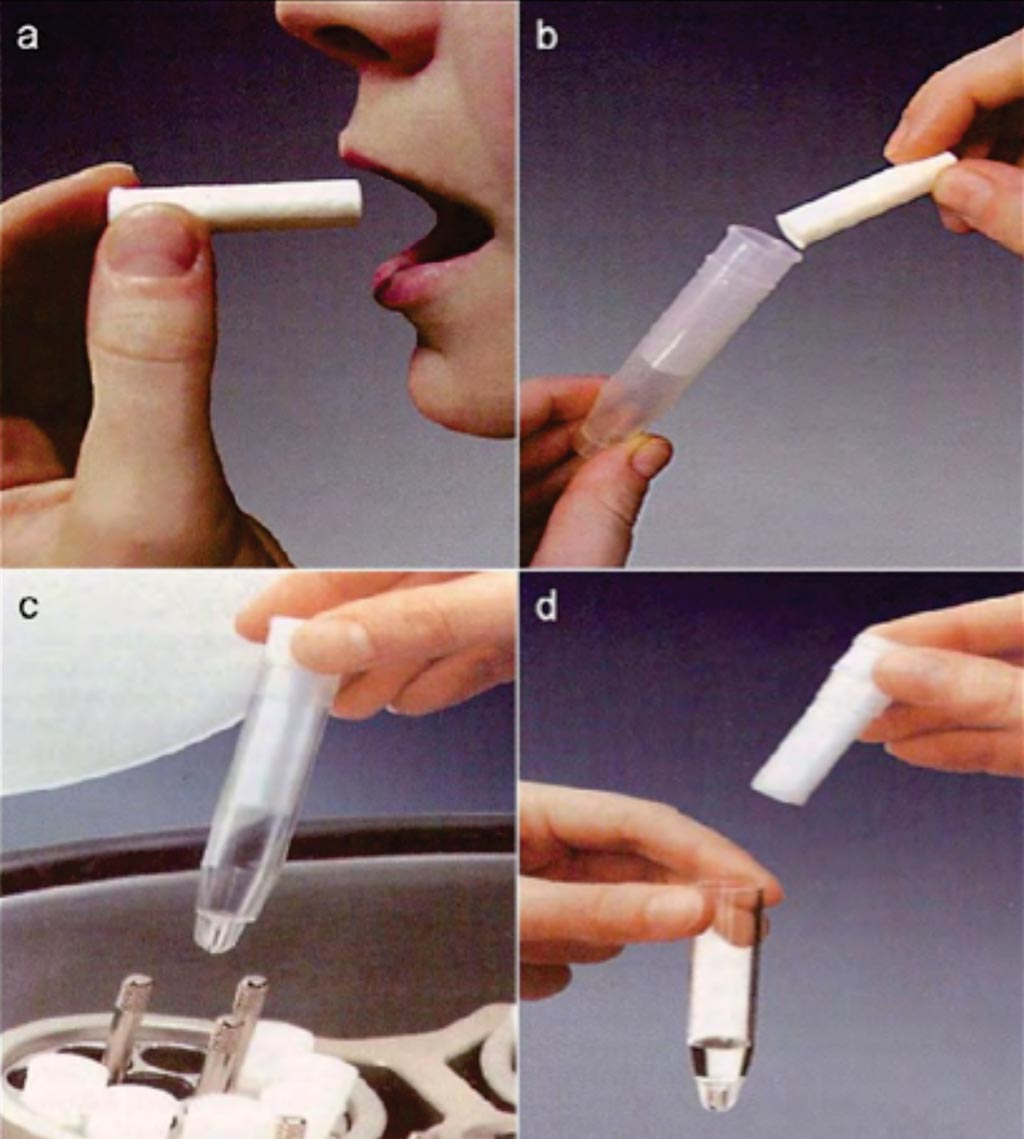Microbiology


New Liquid Biopsy Assay Reveals Host-Pathogen Interactions
A sensitive new assay employs high-throughput DNA sequencing to identify a large range of viral and bacterial pathogens in clinical samples, distinguish them from host DNA, and determine the degree of host tissue injury due to interaction with the pathogens. More...09 Sep 2019

Differential Immune Responses Triggered against Salmonella enterica
Enteric fevers, caused by the Salmonella enterica serovars Typhi (ST), Paratyphi A (PA) and Paratyphi B (PB), are life-threatening illnesses exhibiting very similar clinical symptoms but with distinct epidemiologies, geographical distributions and susceptibilities to antimicrobial treatment. More...06 Sep 2019

Type 1 Diabetes Risk Reflected in Gut Microbiome
Type 1 diabetes mellitus (T1D) is an autoimmune disorder characterized by the destruction of insulin-producing ß-cells in the pancreas, resulting in a life-long dependence on exogenous insulin. T1D is an autoimmune condition that can develop at any age. More...06 Sep 2019

Optimized Immunoassays Detect HBV in Oral Fluid Samples
It is estimated that there are 257 million chronic hepatitis B (HBV) carriers worldwide, which highlights the substantial health, social, and economic burden of HBV. Screening of infected, cured and vaccinated individuals is necessary to identify the presence of chronically infected reservoirs, immune and susceptible individuals. More...05 Sep 2019

Sequencing Methods for Hepatitis C Virus Genotyping Compared
Due to its high rate of mutation, hepatitis C virus (HCV) forms viral quasispecies, classified based on the highly variable regions in the envelope protein and nonstructural 5B protein (NS5B). As a result of this large genetic variability, seven genotypes and more than 67 subtypes have been identified. More...04 Sep 2019
In Other News
C. Difficile Bacteria Adapted to Spread in Hospitals
Enterovirus Antibodies Detected in Acute Flaccid Myelitis Patients
Molecular Assays Compared for Gastrointestinal Pathogens
Diagnostic Methods Compared for Soil-Transmitted Helminths
Congenital Cytomegalovirus Infection Diagnosed Via Dried Blood Spots
Carbapenem-Resistant K. Pneumoniae Driven by Nosocomial Spread
Direct Molecular Assay Developed for Zika Diagnosis
Serum Siderocalin Measured in Patients with TB and HIV
Hematology Analyzer Screens for Malaria in Clinical Setting
Allergy Risk Increased by Compound Found in Infant Gut
Cost-Effectiveness of Media for Melioidosis Diagnosis Reviewed
Smartphone-Based Device Used for Influenza Virus Detection
Novel Diagnostic Device Profiles Population of Gut Microbiome
Multiplex PCR Developed for Neglected Infectious Diseases
Clostridioides difficile Contamination Uncovered in Clinical Lab
Rapid Diagnostic Panel Used for Pediatric Musculoskeletal Infections
Submicroscopic Malaria Prevalence Reported in Immigrants
Gene Deletions Affect Rapid Diagnostic Tests for Malaria
Methods Evaluated to Detect Asymptomatic Visceral Leishmaniasis
Immune Molecules Expressed Inside Mycetoma Lesions
T Cell Antibody and Memory in H7N9 Survivors Characterized
TB Tests May Not Detect Infection in Exposed Individual
Antibody Tests Recommended for Parasitic Infection Diagnosis
The LabMedica Microbiology channel provides the latest news in the fields of epidemiology, bacteriology, virology, and parasitology, all viewed from the unique perspective of Laboratory Medicine.










 (3) (1).png)